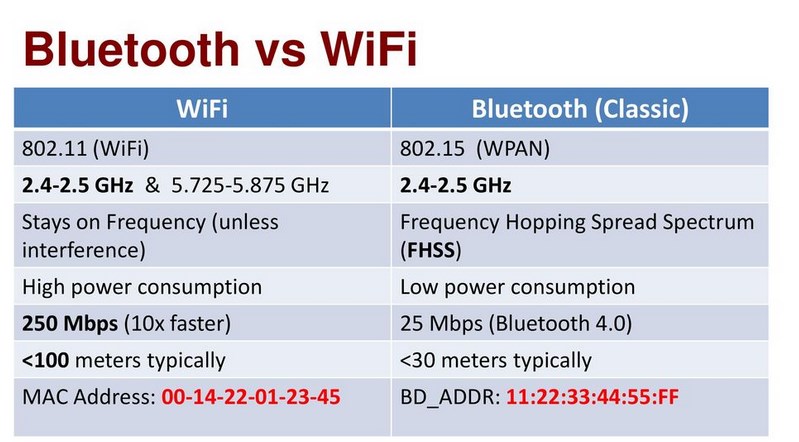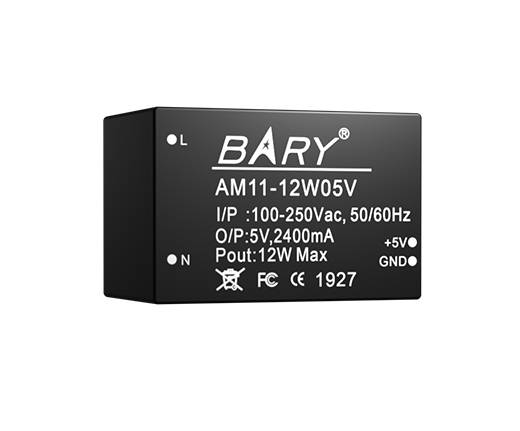

When it comes to choosing a wireless technology (Refer article :Explanation of WiFi wireless Communication Technology )for a smart home, there are several options available, each with its own advantages and disadvantages. The choice of wireless technology depends on the specific needs and requirements of the system.
Both Bluetoothand WiFi are commonly used wireless technologies for smart home devices, and each has its own strengths and weaknesses. The choice of which technology works best for your smart home depends on the specific needs and requirements of your setup.

Here are some key differences between Bluetooth and WiFi:
Range: WiFi typically has a greater range than Bluetooth, which makes it more suitable for larger homes or buildings. Bluetooth signals can struggle to travel through walls and obstacles, whereas WiFi signals can penetrate walls and cover longer distances.
Related article : |
Power consumption: Bluetooth devices generally use less power than WiFi devices, which can make them more suitable for battery-powered devices such as smart locks or sensors.
Speed: WiFi generally offers faster data transfer speeds than Bluetooth, making it more suitable for applications that require high-speed data transfer, such as streaming video or audio.
Compatibility: WiFi is a widely adopted standard that is supported by most devices and operating systems, whereas Bluetooth compatibility can vary depending on the device and version of Bluetooth being used.
Overall, if you have a large home with many smart devices that need to communicate with each other over long distances, then WiFi may be a better choice. However, if you have small, battery-powered devices that need to communicate over short distances, then Bluetooth may be a better choice. Ultimately, the best choice will depend on your specific needs and requirements.
- What does it have to do with Zigbee, Bluetooth, Wi-Fi?
- The evolution of bluetooth wireless communication technology
- The latest market report of Bluetooth, IoT has become the main force
- Application of Bluetooth Beacon in Warehouse Management
- Bluetooth BLE module as one of the mainstream way of wireless communication
- BLE5.0 Bluetooth module, master-slave integration, low power consumption!
- The difference between the bluetooth module using ceramic antenna and PCB antenna
- Bluetooth intelligence makes anti-epidemic safer and simpler!








